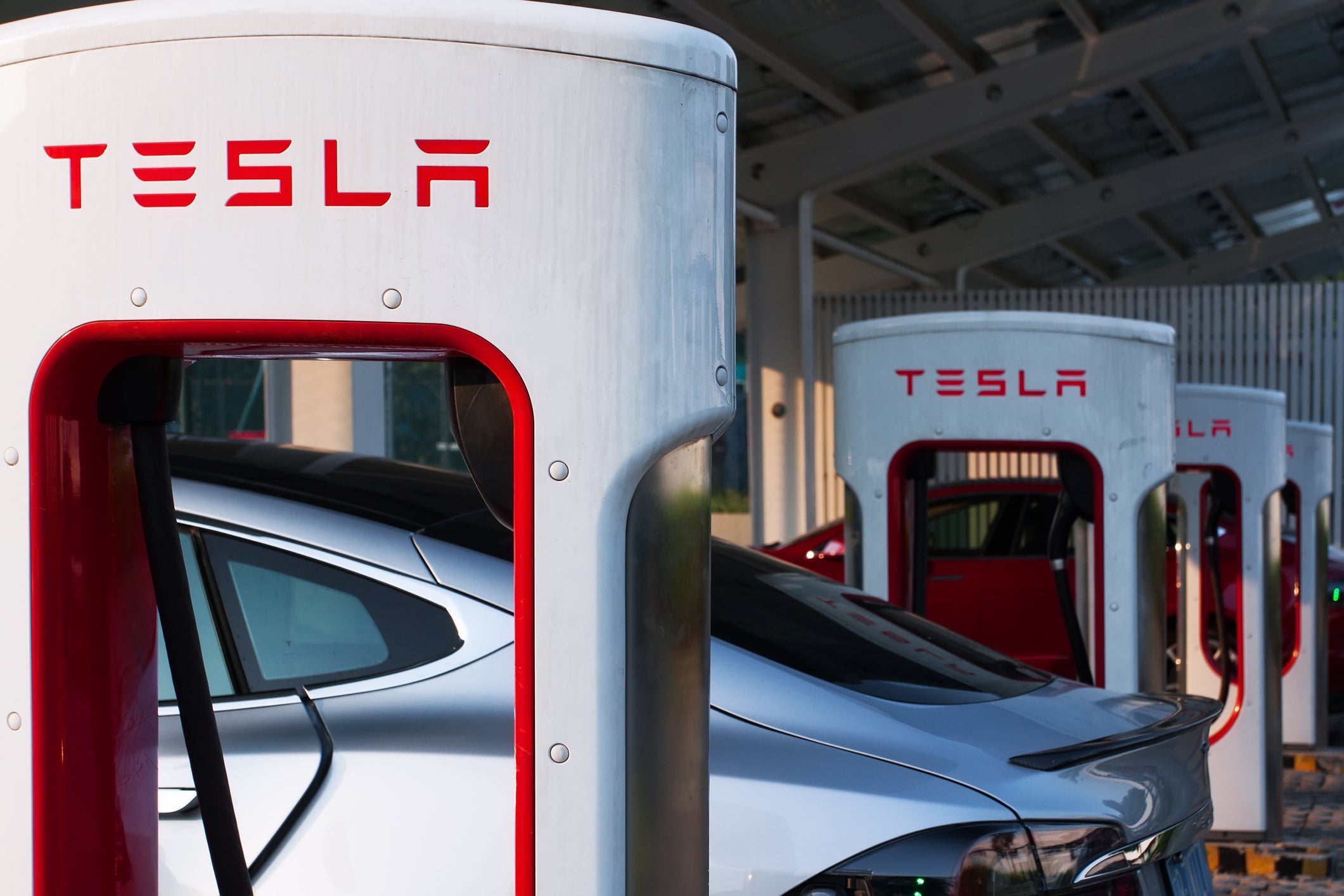The route to cleaner air? Make drivers pay to travel on every road in the UK
Only a proper system of road pricing can discourage the unwelcome shift toward private transport


Your support helps us to tell the story
From reproductive rights to climate change to Big Tech, The Independent is on the ground when the story is developing. Whether it's investigating the financials of Elon Musk's pro-Trump PAC or producing our latest documentary, 'The A Word', which shines a light on the American women fighting for reproductive rights, we know how important it is to parse out the facts from the messaging.
At such a critical moment in US history, we need reporters on the ground. Your donation allows us to keep sending journalists to speak to both sides of the story.
The Independent is trusted by Americans across the entire political spectrum. And unlike many other quality news outlets, we choose not to lock Americans out of our reporting and analysis with paywalls. We believe quality journalism should be available to everyone, paid for by those who can afford it.
Your support makes all the difference.With the world returning rapidly to a form of “normal”, air pollution has resurged as a major crisis for our cities with tragic, even life-threatening effects for children, in an increased incidence of asthma and lung cancer.
Today is Clean Air Day. The electric vehicle industry says it has a solution. Their “clean” cars have no tailpipe emissions and are gliding into more and more of our lives. Local authorities are finding more ways to install chargers, including using “smart lamp posts that could give drivers somewhere to top-up next to every parking space.
The public has purchased EVs in good faith, having been encouraged by government grants which offset the cost both of purchasing the vehicles and installing home charging points. Yet these subsidies are hardly a fast-track to improved health among our communities. EVs are not a “pollution-free” silver bullet which government can sensibly leave untaxed and unregulated.
After two decades working with engines for Rolls-Royce Plc and others, it’s clear to me that the proliferation of electric vehicles does not mean an end to harmful pollution from vehicles. Despite what EV proponents imply, recent research by Emissions Analytics shows that tyres produce 1,850 times more particulate emissions than tailpipes. Indeed, non-exhaust emissions account for over 90 per cent of PM10 and 85 per cent of PM2.5 emissions from traffic.
Covid has stopped us all commuting quite so much. But people are returning to driving private cars more quickly than they are going back to public transport. The short-lived era of social distancing is having long-lasting effects on our travel habits. Ubers, Zipcars and private car ownership may all feel preferable to sharing space with others for some time to come.
Yet as private vehicle use potentially expands, the tax yield from cars will fall by the end of this decade. In 2022-23, duties on petrol and diesel are expected to net the Exchequer some £26.2bn (not accounting for the VAT which is added afterwards). The Office for Budget Responsibility sees this figure continuing to rise but then plateauing in 2027 at around £30bn.
Why? Because buying a brand-new petrol or diesel vehicle at any time in the next eight years is going to feel like buying a Walkman when everyone else is investing in their first iPod. By 2030, the government intends to make petrol vehicles illegal.
Only a proper system of road pricing can make up the lost cash, deploy the “polluter pays” principle for non-exhaust emissions, and discourage a most unwelcome modal shift toward private transport. If Westminster feels too timid to introduce charges on a national basis, then a radical devolution of power to enable councils to impose charges within their own cities is a clear alternative.
To keep up to speed with all the latest opinions and comment, sign up to our free weekly Voices Dispatches newsletter by clicking here
The current Clean Air Zones and Low Emission Zones in such areas as London, Edinburgh, Bath, Birmingham and Bristol are too limited in scope, too inflexible, and too little of the “reward” goes back to the communities in those places. At Enjoy the Air, we have been working with local authorities around the country and they are keen to take a far greater lead.
Revenues from real road user pricing could be directed toward local air quality monitoring and, crucially, to a noticeable expansion of public transport systems. For London that may mean merely a reversal of the cuts ministers are insisting Sadiq Khan makes to bus services. For the rest of the country it should mean a night-and-day difference.
By the time Clean Air Day next comes around, it is to be hoped ministers might have awoken to the challenge. Catching a bus must become as natural a choice in Brixham, South Devon, as it is in Brixton, South London, and should feel easier – and even quicker, with the help of bus lanes and priority at traffic lights – than jumping into a private vehicle. Plainly, it should also be cheaper.
Kate Barnard is a former Engineering Programme Manager at Rolls Royce and now runs Enjoy the Air, which helps local authorities save money through improving air quality
Join our commenting forum
Join thought-provoking conversations, follow other Independent readers and see their replies
Comments